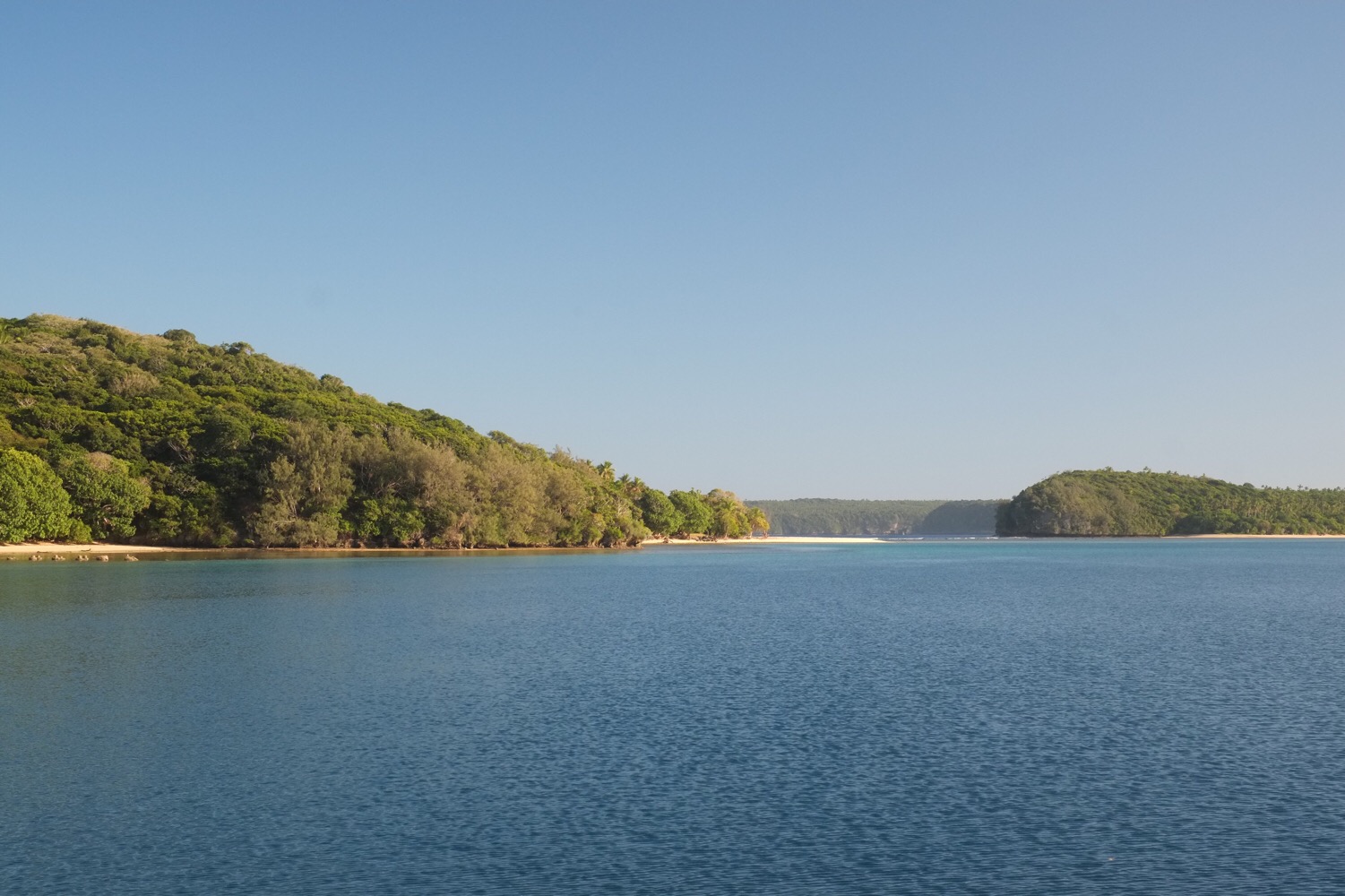Trouble in Paradise

Vega
Hugh and Annie
Wed 11 Oct 2017 08:26
Life here is lived from day to day. We were told of two "demonstration" agricultural facilities, donated by the Chinese, for turning pig slurry into methane. The facilities would produce both energy and fertiliser; linked to a farmholding this would facilitate greater productivity. Surplus produce could be marketed and sold, increasing income from agriculture. Of course in order to have pig slurry you need pigs. Nothing exceptional there - there are pigs everywhere. They are kept by most people and roam freely. Nevertheless the Chinese donation included young pigs. As soon as the pigs reached a sufficient size for eating they were killed and shared around the community - its what you do in Tonga. The immediate requirement to both eat and share meant that the need to keep the pigs alive to provide the necessary slurry was completely counter intuitive for the Tongans. Both projects folded but a third was donated to a foreign businessman on condition that he ran the project as a going concern. Which is what he has done and now has more pigs than required to produce his slurry. He has sold some of the surplus but is worried that he will now be perceived to have more pigs than required for his immediate consumption - there is a surplus that could be shared with the community and he will have to increase his security to prevent this.
Community and family ties are extremely important here. We have been told that you cannot put a Tongan in charge of, say, a bar because the whole family will appear and expect the drink to be shared out. Indeed all the bars and restaurants we have been in appear to be owned and run by outsiders. Poor time-keeping and diligence by local employees can be a problem for businesses.
Some of the more remote communities are heavily supported by foreign aid. Facilities such as solar power for houses, rainwater storage tanks and health facilities are welcomed and need little maintenance. One village we anchored near to had been donated a plant for producing coconut oil. It ran for two weeks before being abandoned. In the same village we attended church to hear the amazing and wonderful singing - there are six churches for a community of 200 people. Afterwards we were invited to share Tongan food with one family. The father seemed relieved when we declined as he clearly hadn't planned for this but did offer to cook for us one evening when he had gathered sufficient fish, fruit and vegetables. And therein lies a dilemma. If you can easily produce sufficient fruit, vegetables, meat and fish for your immediate needs and spend lots of time with your large extended family then why do you need to set up a business just to earn money to pay for things you don't really need? Power and drinking water would be an added bonus but these are likely to be donated.
One of the largest components of the economy is money sent back to the island from family members working abroad. Foreign aid is hugely important and so are businesses set up and run by foreigners. So why alter a traditional way of life just to join the commercial rat race?
Nevertheless there were riots when the Chinese first came to the islands and set up small supermarkets (more like a general store) - 'depriving' the locals of their own means of commerce. Yesterday there were three yachts on moorings put down by an enterprising Canadian who has cleared a plot of land, built a house and attracts yachties to an otherwise remote anchorage by engaging with the yachtie community, providing wifi and promoting the facility. A significant proportion of the lagoon, including that part with the moorings, has recently been designated a fisheries and conservation area for the local village. It is still promoted as a mooring in the official guide for yachties and yet a local man came by with his family in a boat and remonstrated with us to leave the mooring immediately, becoming quite vocal and agitated. Not only should we not be moored there, neither should we have even motored across that part of the lagoon - we were damaging the locals' livelihood. Public display of anger is frowned upon in Tongan society and the local subsequently apologised and said he would take the issue up with the appropriate authorities. Perhaps understandably some of the locals resent outsider influence - even from a man who has worked hard to make friends in and work with the local community. It hasn't occurred to them that moorings are actually the best way of allowing yachts to visit whilst protecting the coral. It also hasn't occurred to them that by supporting the Canadian in his efforts to attract yachties there would be a ready and valuable source of income from selling fresh fish, fruit, vegetables and so on - a great attraction for yachties. There is a standoff to be resolved and in his frustration the Canadian plans to sell up and move on, this being the "straw that broke the camel's back". Some families on other of the islands do see the opportunity and organise Tongan "feasts" that are well supported by the yachties.
So, as Cook discovered (or, to be precise, failed to recognise) over 250 years ago, you cannot assume that western cultural values are superior to those in Polynesia (or anywhere else). There is a resurgence of traditional culture in French Polynesia after the missionaries tried to erase it and the blend of tradition with French governance is thrilling (at least to a visiting yachtie). In Tonga there has never been a colonial takeover but there is a contemporary struggle to come to terms with the influx of foreigners keen to live and work in paradise. Traditional dance and cultural expression is in decline and it is taking outsiders to try and revive them. Fascinating issues are being played out. In return for foreign aid what should we expect from the recipients? Anything? Support for whaling (Japan)? Support for political influence (China, New Zealand, Australia)? Maybe we should just leave the Tongans to live whatever quiet lives they choose - even if that appears "impoverished" by our standards. I'm not sure the Tongans would want that and so combining business with a traditional way of life is going to require some hard work and flexibility all round.





